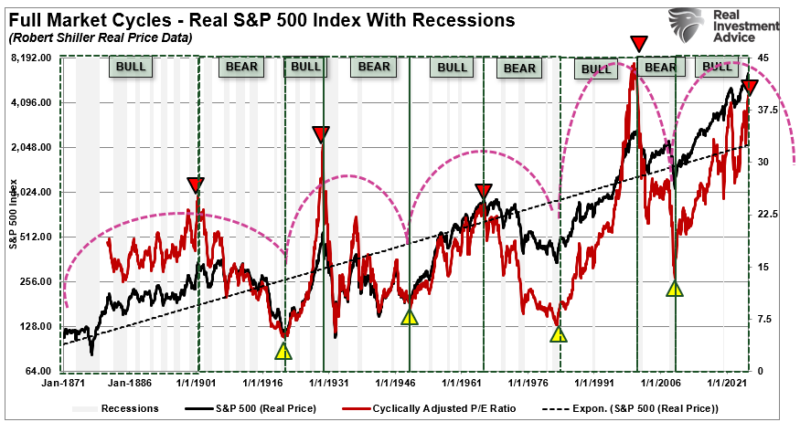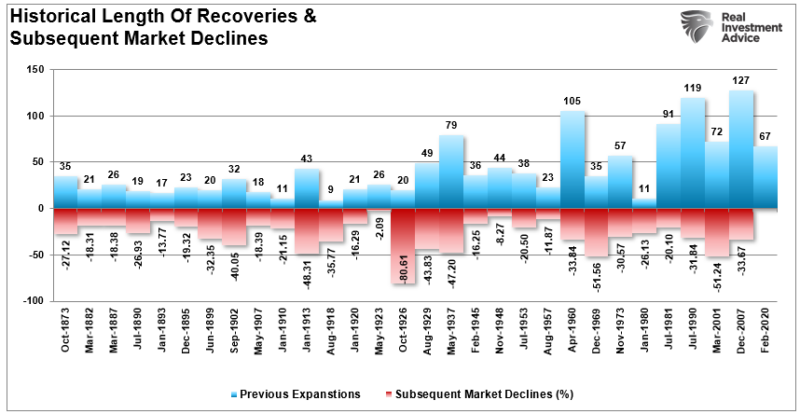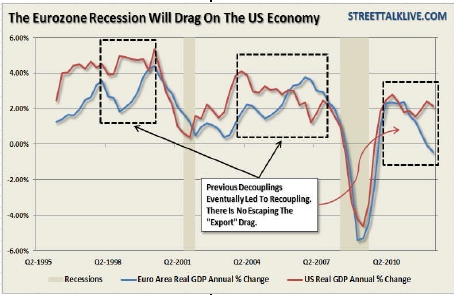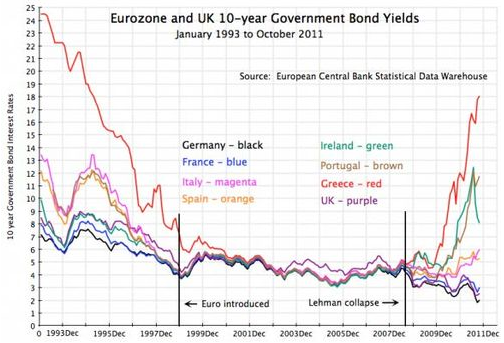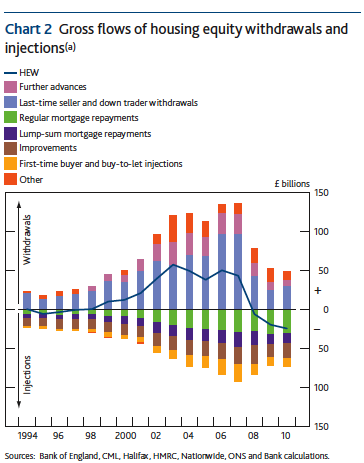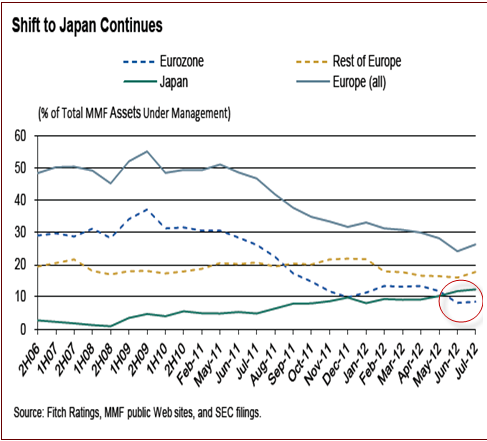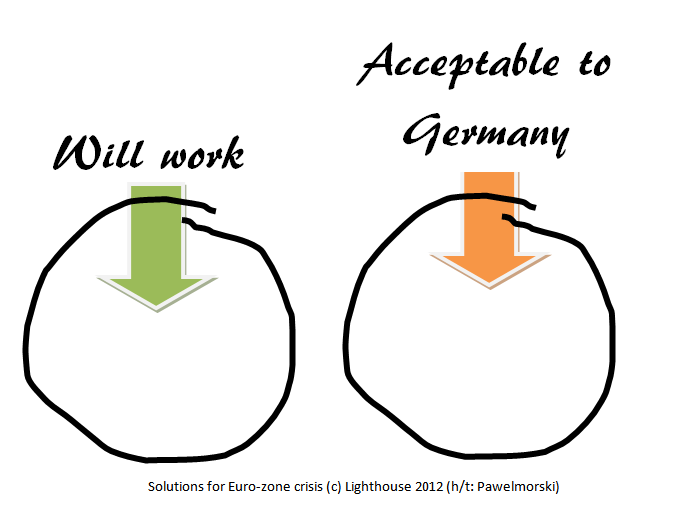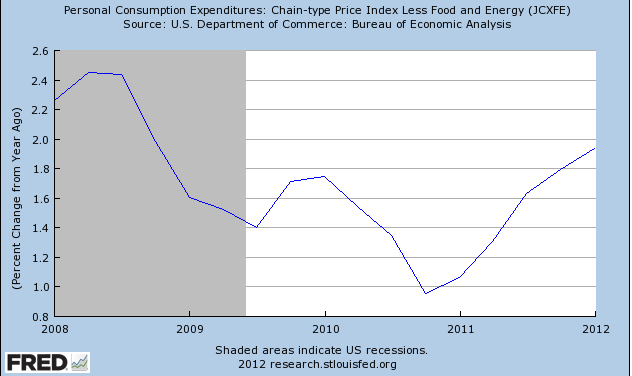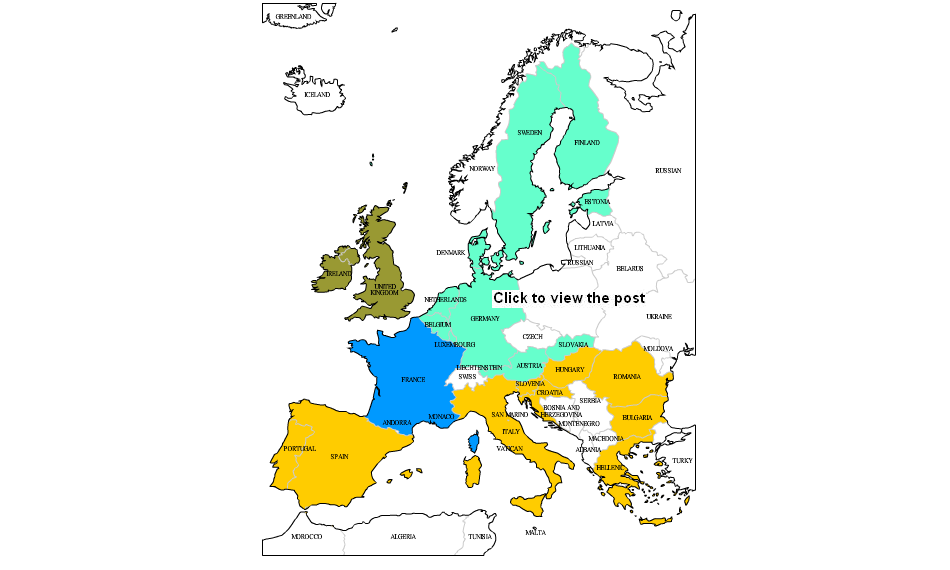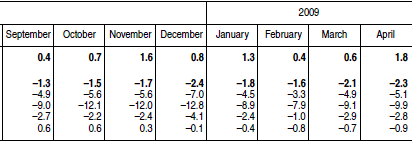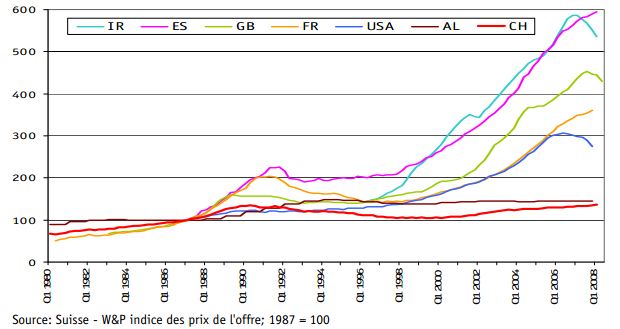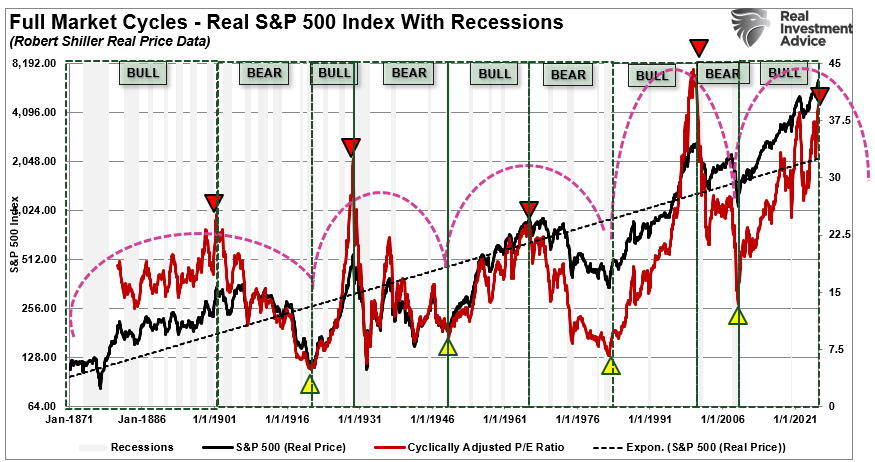Tag Archive: deficit
Full Market Cycles: Half Bull and Half Bear
Last week, we discussed the importance of "math" as it relates to valuations and noted the importance of understanding "full market cycles." To wit: "The math on forward return expectations, given current valuation levels, does not hold up. The assumption that valuations can fall without the price of the markets being negatively impacted is also grossly flawed. …
Read More »
Read More »
Forward Return And The Importance Of Math
During strongly trending bull markets, investors often overlook the importance of math in predicting forward returns. Such is easy to do when the market just seemingly continues to rise without regard to fundamentals. The current environment is also heavily influenced by the impact of "passive indexing," which has distorted market dynamics as well. However, none …
Read More »
Read More »
Inflation
(Traveling and unable to provide a technical overview this week.) Rising price pressures,
stronger and more persistent than generally expected, has been the main
challenge for consumers, businesses, and policymakers. It will stay top of mind in the week
ahead as both the world's two largest economies, the US and China, report July
consumer and producer prices. During the Great Depression, the
central governments discovered their balance sheets,...
Read More »
Read More »
FX Weekly Preview: Sources of Imbalance and the Pushback Against New Divergence
The US dollar's surge alongside gold has eclipsed the equity market rally as the key development in the capital markets. Even the traditional seemingly safe-haven
yen was no match for the greenback. The dollar appeared to have been rolling over in Q4 19, as the sentiment surveys in Europe improved, Japanese officials seemingly thought the economy could withstand a sales tax increase, and data suggested the Chinese economy was gaining some...
Read More »
Read More »
Same Procedure as Every Year: Analysts Shouting “The Great Recession is Over!” But It Is Not!
Or why we do not believe in the American economy. Like every year in Q4, analysts proudly present the end of the great recession: 2009: The big picture: The Great Recession is Over! Long Live the Ordinary Recession …. 2010: Mish Global Trend Analysis: The Great Recession is Over; Bad News: It Doesn’t Feel Like … Continue...
Read More »
Read More »
Did Austrian Economists Get the Recovery Wrong?
Austrians got the recovery after the financial crisis wrong. Monetary expansion did not lead to hyperinflation and a collapse of central banks. Their mistake was that the Austrian principle of "too cheap money leads to wrong investments", is currently not valid. Due to high risk aversion after the financial crisis, firms do only only best projects. Austrian economists were right before the crisis, but after the crisis Keynesians and Germans with...
Read More »
Read More »
The Balance Sheet Recession: UK Q2 Housing Equity Injection Largest Since Q2 2011
The American-Taiwanese economist Richard Koo, is the chief-economist of the Nomura Research Institute. In his theory of the Balance Sheet Recession he distinguishes between the “Yang” phase of the economy and the “Yin” phase (the so-called “balance sheet recession”). In “Yang” times companies want to increase profit and people consume a big part of their pay …
Read More »
Read More »
Can The SNB Make Profit On Currency Reserves ?
Abstract We determine the main criteria with which markets evaluate currency prices. We focus on explaining the differences between the carry trade era (or like Ben Barnanke called it “The Great Moderation”) and the period after the financial crisis. Our research shows that each one of the following three main preconditions must be fulfilled, …
Read More »
Read More »
All roads lead to a euro zone break-up
For us all roads lead to a euro zone break-up and multiple sovereign defaults. Our reasoning can be summarized as follows: Equities are worthless when associated debt becomes encumbered (risk capital takes the first loss). Equity is not an asset; it is merely the remainder that is left over once debt is subtracted from …
Read More »
Read More »
Otmar Issing’s new book on the euro crisis
We well remember when the über-bailouter of the Financial Times Wolfgang Münchau claimed that except some old economy professors like Otmar Issing nobody in Germany would like to abolish the euro. According to Münchau the euro can be saved only via a fiscal and a banking union. The response to Münchau’s post could be … Continue reading...
Read More »
Read More »
Full text Spanish banks bailout: Memorandum of Understanding
Here the full text of the European’ Commission’s Memorandum of Understanding with Spain regarding the bailout of the Spanish banking sector released earlier today.
Memorandum of Understanding on Financial-Sector Policy Conditionally
Read More »
Read More »
The vicious cycle of the US economy or why the US dollar must ultimately fall again
Just some simple words about the vicious cycle of the US economy and the consequences on the US dollar: A stronger USD will not rescue the US economy, quite the contrary. US companies will not hire in the US, but outsource or hire overseas. If they hire in the US, due to the high number …
Read More »
Read More »
The Northern Euro introduction: A retrospective from the year 2030
A retrospective from the year 2030 on two decades of failed european integration policy and 10 years of successful disintegration policy The following essay shows that currency regimes come and go over the time. Nothing is stable with the time, especially the use of a currency. What has never happened in history is the use …
Read More »
Read More »
Forget Non-Farm Payrolls, Take US Personal Disposable Income as Lead Economic Indicator
The unreliable Non-Farm Payrolls has far too much importance Interesting to see that markets needed two relatively bad NFPs to really believe that their main indicators, the “Non-Farm Payroll” reports were strongly biased in January and February by a positive weather effect. HFT algorithms that highly influence stock market prices, are not able to take …
Read More »
Read More »
Why the Euro Crisis may last another 15 years
Abstract In the following article we will explain which types of crisis occur in the euro area and will argue that this crisis will last at least another fifteen years. (1) Competitiveness crisis: Before the euro introduction peripheral countries regularly saw their currency depreciate against the German Mark and helped them to increase their competitiveness. …
Read More »
Read More »









